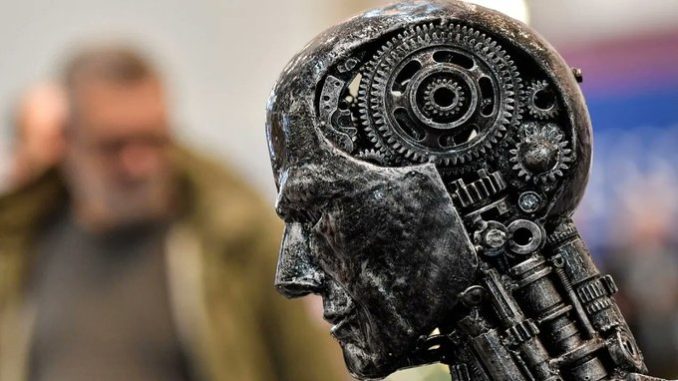
Millions of students attend community colleges every year, with almost 1,300 schools located in every corner of the United States. With their large student bodies, community colleges are a massive source of potential for expanding the artificial intelligence (AI) workforce, but employers and policymakers alike sorely underestimate their potential.
If the United States aims to maintain its global lead and competitive advantage in AI, it must recognize that community colleges hold a special spot in our education system and are too important to be overlooked any longer.
As detailed in a recent study I co-authored as part of Georgetown University’s Center for Security and Emerging Technology (CSET), community colleges have the potential to support the country in its mission for superiority in AI. Community colleges could create pathways to good-paying jobs across the United States and become tools for training a new generation of AI-literate workers.
Instead, the focus today remains squarely on four-year colleges. Employers routinely only consider applicants with a bachelor’s degree, even though one-third of the AI workforce does not have one. This number reflects the broader U.S. labor force, where 60 percent of workers do not have a four-year college degree. Degree requirements also disproportionately affect communities of color, as nearly 70 percent of Black and 80 percent of Latino workers do not have a bachelor’s degree.
